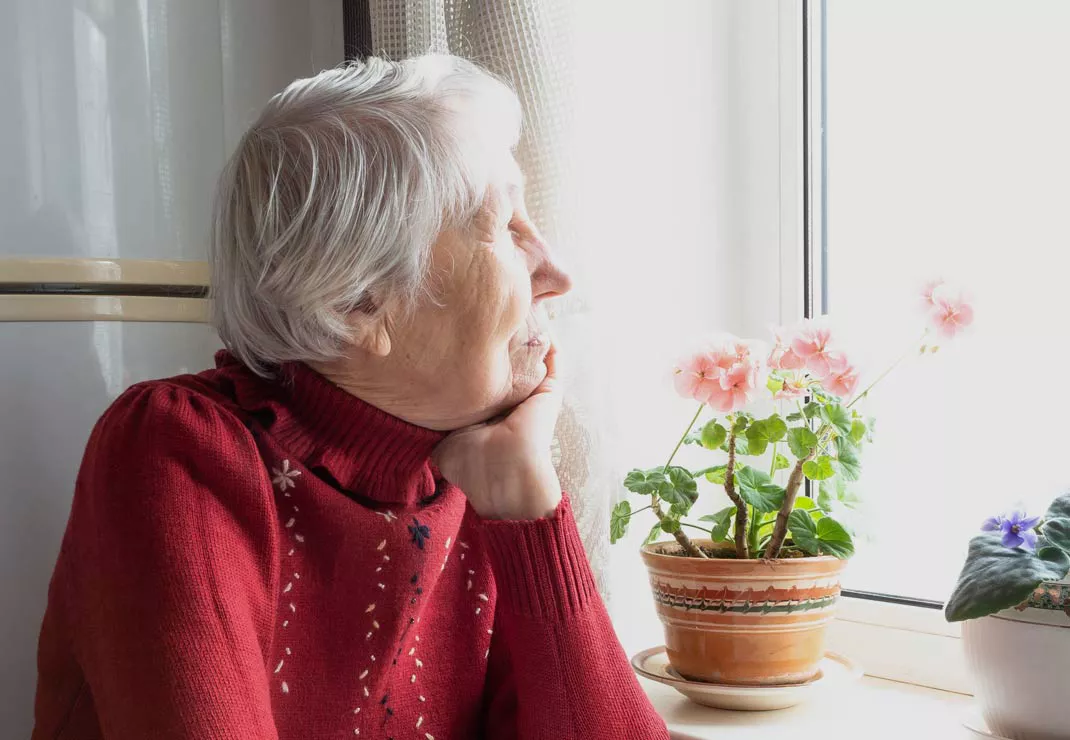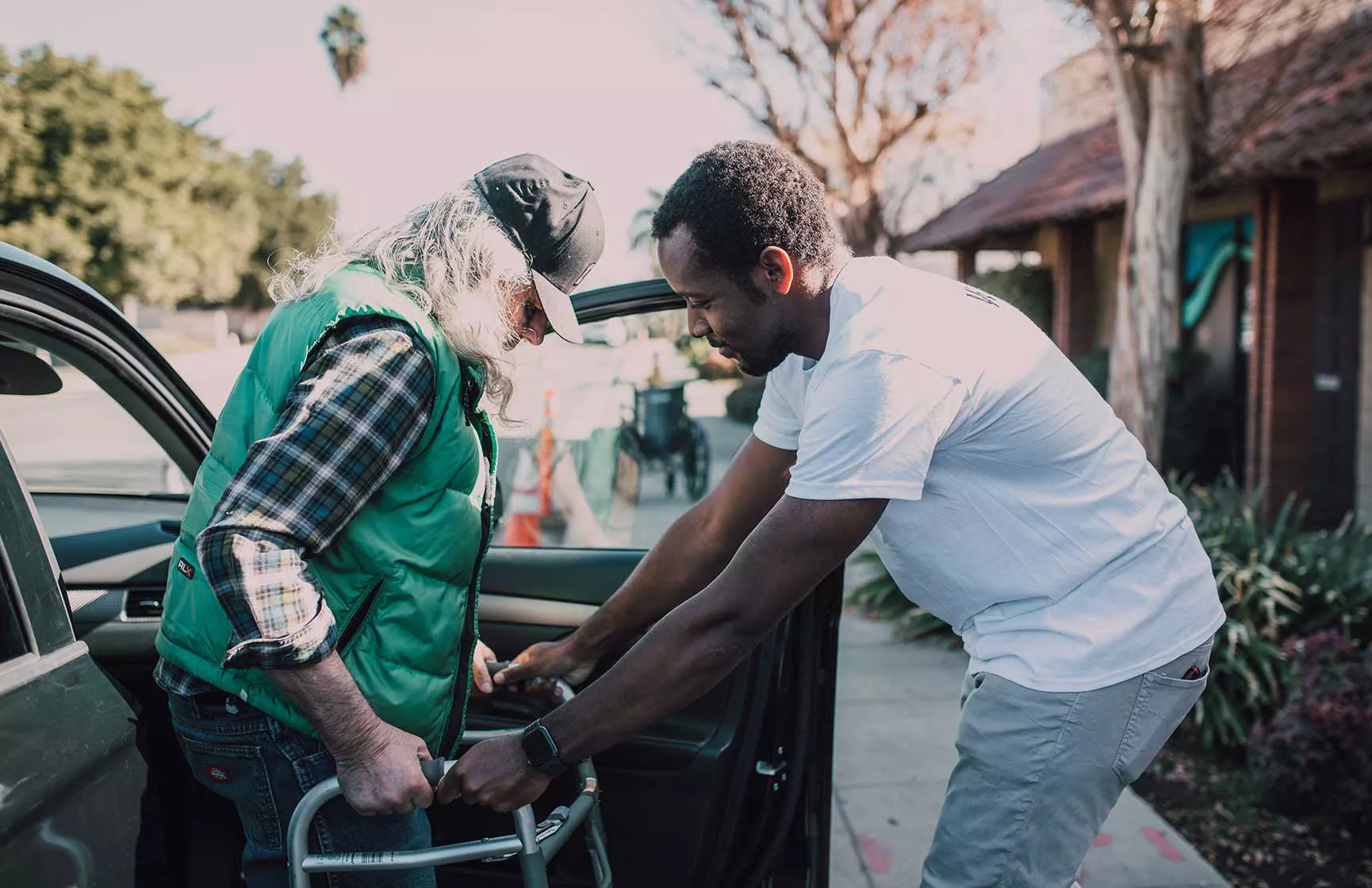
Georgia CJCC: Better tracking for sexual assault survivors
At a glance
When a bombshell investigation revealed that thousands of sexual assault kits had gone unprocessed in Georgia, Slalom partnered with the Criminal Justice Coordinating Council to develop a statewide tracking system to ensure accountability.
Impact
Our partnership with CJCC has connected agencies across Georgia and provides a model that other states can use to eliminate evidence backlogs and increase accountability for kit processing
Key Services
Industry
State, provincial & local government
Key Technologies / Platforms
- Forensic Advantage Tracking System configuration
Creating accountability in public safety
In 2016, an investigation by the Atlanta Journal-Constitution revealed that Georgia’s largest hospital had more than 1,400 untested sexual assault kits (SAKs). Throughout the state, hundreds more remained unprocessed—and there was no existing system to hold agencies responsible for the backlog of forensic evidence. For survivors, this meant that even after the trauma of an assault and subsequent medical exam, their cases had not been investigated and the evidence might, in fact, be lost.
Georgia’s Criminal Justice Coordinating Council (CJCC) was created to build consensus between interdependent state agencies and establish innovative solutions to empower victims. The organization was instrumental in providing information that led to Georgia’s initial and subsequent legislation concerning SAKs. When state lawmakers passed legislation to address the problem head-on, they asked the Criminal Justice Coordinating Council to lead the implementation. After securing grants from around the country, the CJCC was ready to develop a simple-to-use statewide solution to track SAKs—and Slalom was invited to partner.
Shining a light on survivor experience
At the time of the investigation, most states were grappling with similar issues around how to handle, process, and store SAKs so that evidence could be used to prosecute survivors’ cases. Because Slalom had already helped another state plan for and procure a national award-winning SAK solution, we had a team of experts right from the start.
“We needed a partner to ensure that we were able to meet all of our benchmarks in order to deliver a system in a very short turnaround,” says Liz Flowers, supervisor of the sexual assault unit at CJCC.
Our first step was to create a task force of key stakeholders from all over Georgia, including leaders in nursing, law enforcement, advocacy groups, and many others. Through a series of workshops, we reviewed insights from other states and ultimately determined what was best for Georgia.
First and foremost, we focused on survivors and their journey. “It’s difficult to connect with human beings through a technology system,“ says Gretchen Peri, head of public and social impact at Slalom. “But as much as we can interject empathy and understanding into these digital transactions, we’re better off for it.”
Creating clarity and simplicity
Complexity was the number one challenge. The team needed to define a process that began with the assault itself and extended through intake, forensic evaluation, storage, and prosecution. Then there were the facilities to consider. Medical exams weren’t always performed in hospitals or police stations—they took place in correctional facilities, sexual assault centers, child abuse centers, independent agencies, and military bases.
With input from all over the state, we worked with CJCC to create a detailed model of the stakeholder and legal requirements and the processes needed to meet them. We then configured the new forensic tracking system to put those processes in motion.
“I think that our attention to detail was the greatest value we provided,” says Mike McKinney, a principal at Slalom. “We had 1,100 stakeholders who needed visibility and clarity, so we developed a system that’s very easy to use. The hope, of course, is that no one needs to use it.”
The next step was driving user adoption. CJCC and Slalom conducted a successful pilot launch with six Georgia counties. We conducted virtual training and created video tutorials to prepare more than 1,000 agencies for the statewide rollout, and continued to train new users after the system was launched.
Our partnership created an important new tool to empower survivors as well. The Survivor Portal allows people to track the location and status of their kits—offering reassurance that their cases do matter.
The next step was driving user adoption. CJCC and Slalom conducted a successful pilot launch with six Georgia counties. We conducted virtual training and created video tutorials to prepare more than 1,000 agencies for the statewide rollout, and continued to train new users after the system was launched.
Our partnership created an important new tool to empower survivors as well. The Survivor Portal allows people to track the location and status of their kits—offering reassurance that their cases do matter.
A new precedent for awareness and accountability
Our partnership with CJCC has connected agencies across Georgia and provides a model that other states can use to eliminate evidence backlogs and increase accountability for kit processing. Since the system’s launch, hundreds of agency users have been trained in the system and aligned to the tracking process.
“The most unexpected impact was just how much the system has helped reinforce laws that people were often unaware of,” says Flowers. “For example, kits must be picked up within 96 hours of notification of collection, then delivered to the crime lab within 30 days. That new awareness around important requirements was a pleasant surprise.”
With standardized processes, a unified tracking system, and ready access to their case information, sexual assault survivors can move forward with less uncertainty and develop more faith in the justice system.


